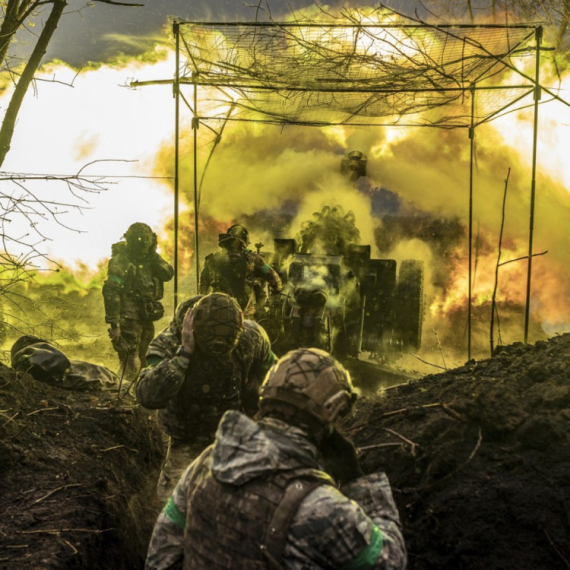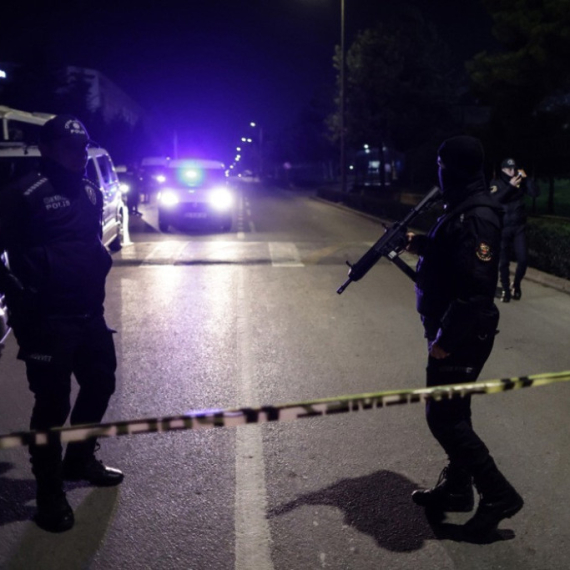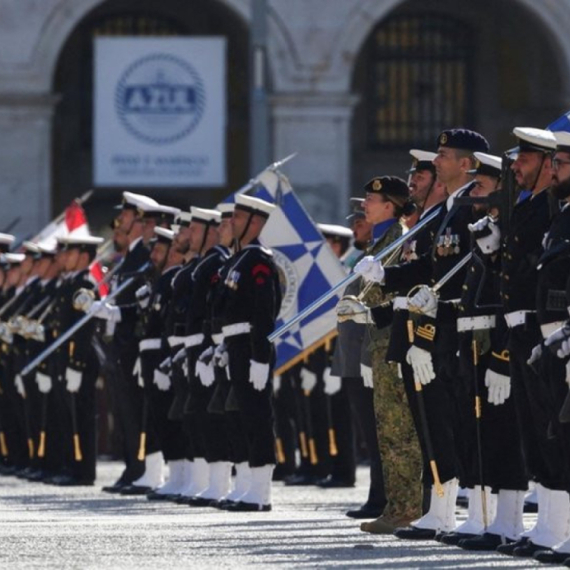NBS: Achieving target deficit uphill task
It is very unlikely that Serbia will meet the IMF’s criteria for a consolidated budget deficit at the end of June this year, says NBS Governor Radovan Jelašić.
Wednesday, 10.06.2009.
16:15

It is very unlikely that Serbia will meet the IMF’s criteria for a consolidated budget deficit at the end of June this year, says NBS Governor Radovan Jelasic. Jelasic recalled that, in concluding the arrangement with the IMF, Serbia had assumed certain commitments. NBS: Achieving target deficit uphill task Should it fail to meet them, the second tranche of the international financial organization’s loan will not be automatically available, an issue that would be the main talking point in negotiations with the IMF delegation in late August, he said. Jelasic told a press conference that, despite the more positive atmosphere and the NBS and government’s anti-crisis measures, economic growth was still negative and GDP would fall two percent this year. The governor added that a billion euros in loans was waiting to be withdrawn from abroad, without which this year’s infastructural construction season would be lost. He said that the central bank’s decision to cut the reference interest rate from 14 to 13 percent had been driven by the fall in demand resulting from the fall in earnings, slowing credit activity and a decline in investments, as well as by the slowdown in economic activity, which could endure and was having a deflationary effect. Jelasic said that inflationary expectations had stabilized despite the relatively steep rise in prices in the last two months, while the pressure on the dinar had been lifted after the IMF deal was concluded. According to the governor, potential risks were that the effects of a restrictive fiscal policy could not yet be assessed, while the slowdown in economic activity and budget revenue could be lower than planned. Finally, the rise in regulated prices could jeopardize the inflation targets for this year. He said that inflation in May would be around 1.4 percent, as a result of seasonal increases in the price of agricultural products and the growth in regulated prices, while half-year inflation in that month would be 8.4 percent. A considerable fall in inflation of 0.4 percent was anticipated in the third quarter of this year as a result of a fall in the price of agricultural products and slower growth of regulated prices, said Jelasic. The governor said that the effects of the salary and pension freeze would see them fall 12 percent in real terms by the end of 2010, provided inflation was as planned, while any increase would see buying power fall still further. He said that banks’ credit activity towards the population was slowing, while rising fractionally towards business, and that approval of loans with government support had yet to yield results. Radovan Jelasic (FoNet, archive)
NBS: Achieving target deficit uphill task
Should it fail to meet them, the second tranche of the international financial organization’s loan will not be automatically available, an issue that would be the main talking point in negotiations with the IMF delegation in late August, he said.Jelašić told a press conference that, despite the more positive atmosphere and the NBS and government’s anti-crisis measures, economic growth was still negative and GDP would fall two percent this year.
The governor added that a billion euros in loans was waiting to be withdrawn from abroad, without which this year’s infastructural construction season would be lost.
He said that the central bank’s decision to cut the reference interest rate from 14 to 13 percent had been driven by the fall in demand resulting from the fall in earnings, slowing credit activity and a decline in investments, as well as by the slowdown in economic activity, which could endure and was having a deflationary effect.
Jelašić said that inflationary expectations had stabilized despite the relatively steep rise in prices in the last two months, while the pressure on the dinar had been lifted after the IMF deal was concluded.
According to the governor, potential risks were that the effects of a restrictive fiscal policy could not yet be assessed, while the slowdown in economic activity and budget revenue could be lower than planned. Finally, the rise in regulated prices could jeopardize the inflation targets for this year.
He said that inflation in May would be around 1.4 percent, as a result of seasonal increases in the price of agricultural products and the growth in regulated prices, while half-year inflation in that month would be 8.4 percent.
A considerable fall in inflation of 0.4 percent was anticipated in the third quarter of this year as a result of a fall in the price of agricultural products and slower growth of regulated prices, said Jelašić.
The governor said that the effects of the salary and pension freeze would see them fall 12 percent in real terms by the end of 2010, provided inflation was as planned, while any increase would see buying power fall still further.
He said that banks’ credit activity towards the population was slowing, while rising fractionally towards business, and that approval of loans with government support had yet to yield results.






























Komentari 0